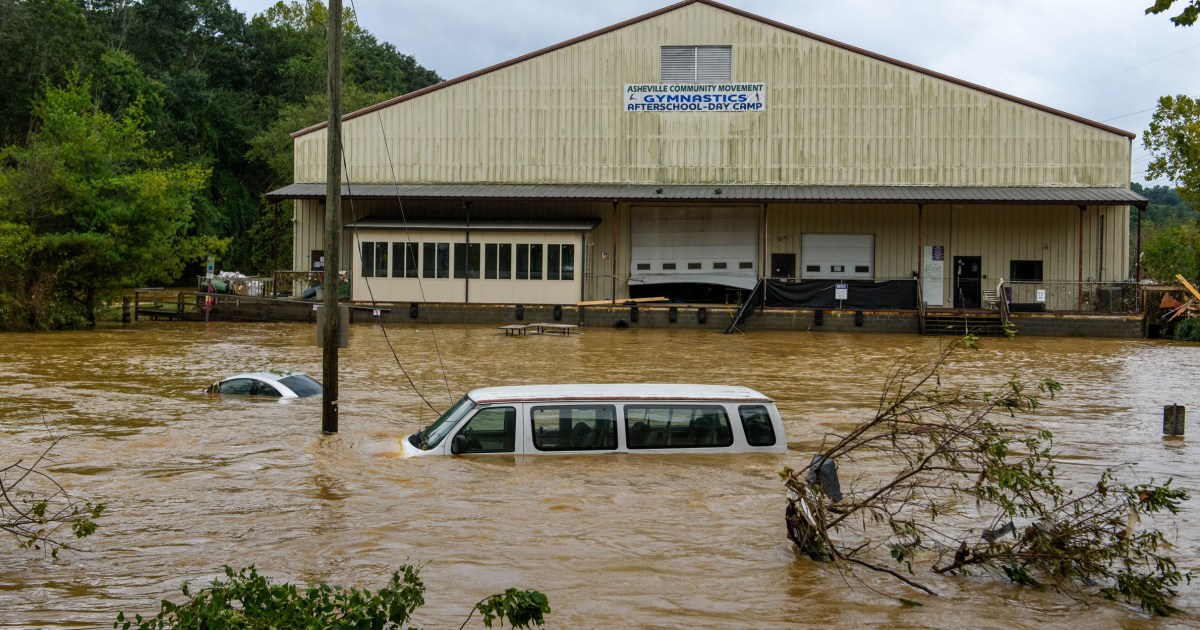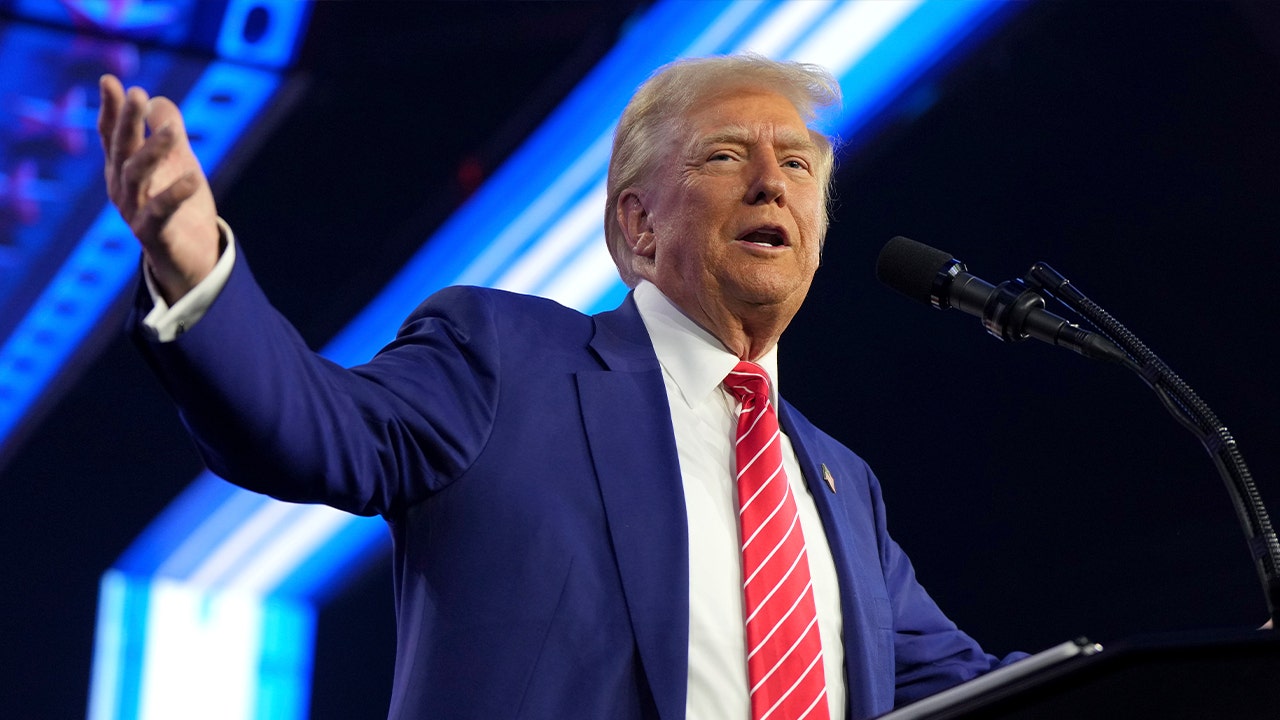It might be tempting to think Donald Trump’s endless stream of conspiracy theories are annoying but ultimately meaningless. Those who put their misplaced trust in the president-elect end up misinformed and confused, the argument goes, but the real-world effects just aren’t that significant.
Those assumptions are, and have always been, wrong. Many of the Republican’s more trivial theories have become the background noise of our civic lives, but some have come with real consequences.
His racist conspiracy theories about people in Springfield, Ohio, for example, led to threats of violence and a community ravaged by fear and division. Trump’s conspiracy theories about his 2020 election defeat, meanwhile, led to an insurrectionist riot targeting the U.S. Capitol.
As for his conspiracy theories related to Hurricane Helene, the Federal Emergency Management Agency (FEMA), and devastated communities in North Carolina, The Washington Post reported on the “unusual elements” surrounding the deadly storm’s aftermath.
Only about 15 percent of households in the affected region have applied to the agency for individual and household assistance, according to a Post analysis of months of FEMA data up to the second week of December. It’s a low number, three independent experts and a FEMA official said, given how many people are in need.
As for why more locals chose not to apply for the assistance to which they were (and are) entitled, it appears the president-elect bears a fair amount of responsibility.
Indeed, the Post’s report — which has not been independently verified by MSNBC or NBC News — noted that rampant misinformation and conspiracy theories about FEMA “inflamed a long-existing skepticism about government here.”
To be sure, there are nuances and complexities to the story, some of which are unrelated to Trump. The Post spoke to some locals, for example, who expressed concern that if they accepted federal aid, others might have to go without.
But to ignore Trump’s role is to overlook highly relevant details. In early October, for example, the then-candidate publicly — and falsely — declared that the Biden administration couldn’t finance post-hurricane relief efforts because officials “stole the FEMA money … so they could give it to their illegal immigrants.” The Republican’s allies quickly echoed the lie.
“Around that time,” the Post’s report added, “applications fell and never bounced back as officials had hoped.”
There was no great mystery as to why the Republican peddled these conspiracy theories: Trump and his campaign team were worried about winning the Tar Heel State, so he peddled an ugly lie.
It served its intended purpose — the GOP ticket narrowly carried North Carolina in this year’s election — but it also came with a related, unintended consequence: Many people living in devastated areas ended up needlessly suffering, at least in part because the president-elect peddled baseless nonsense.
Source link
 Insights Daily World is your one-stop destination for discovering unbeatable discounts, trending deals, and the latest offers across various products. Stay informed with the newest updates, breaking news, and insightful deals, all designed to help you save and stay ahead
Insights Daily World is your one-stop destination for discovering unbeatable discounts, trending deals, and the latest offers across various products. Stay informed with the newest updates, breaking news, and insightful deals, all designed to help you save and stay ahead




